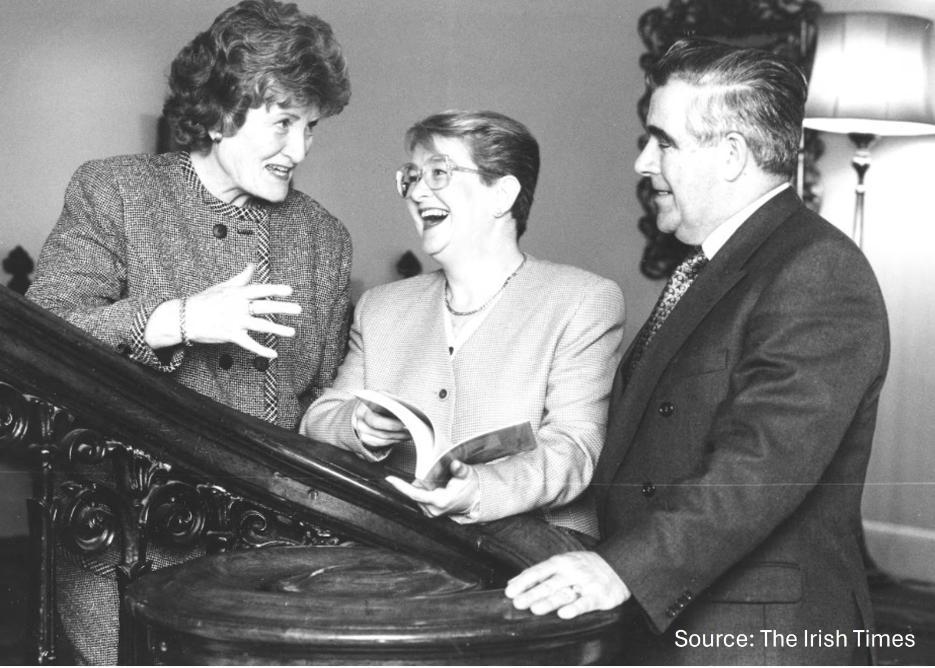A national convention more than 30 years ago changed Irish education. What lessons are there for today?
Posted 21 May, 2025

Helen McEntee is planning the ‘largest conversation on education in the State’s history’. She would do well to examine the legacy of a landmark report.
For much of the 20th century, education policy in Ireland was predominantly shaped by the (opens in a new window)Catholic Church, with the State playing a largely deferential role. A significant departure from this pattern occurred in the 1960s with the introduction of what became known as the O’Malley reforms, an initiative driven by widespread recognition of fundamental weaknesses in the system.
This action by the government of the day was the outcome of protracted and complex negotiations. However, this shift proved temporary and the status quo soon reasserted itself. A more substantive shift in policy direction emerged in the 1990s. Key milestones included the publication of an OECD Report on Irish education (1991) and a Green Paper: Education for a Changing World (1992).
An unprecedented public consultative process ensued the following year in the form of a national education convention.
A White Paper, Charting Our Education Future, summarising the government’s policy proposals, followed in 1995. The policy momentum of the 1990s culminated in the passing of the Education Act in 1998.
The national education convention represented a comprehensive mechanism for stakeholder consultation and policy dialogue in Irish education. The responsibility for organising the process was entrusted to a secretariat comprising educational experts from both Ireland and abroad.
The convention convened over an extended period in October 1993 and included a broad range of participants drawn from the education sector and civil society. Participants’ submissions were rigorously examined through structured questioning by the secretariat, leading to the formation of focus groups that deliberated on key issues.
Prof. Judith Harford & Brian Fleming
Read the full article on The Irish Times website, link (opens in a new window)here.